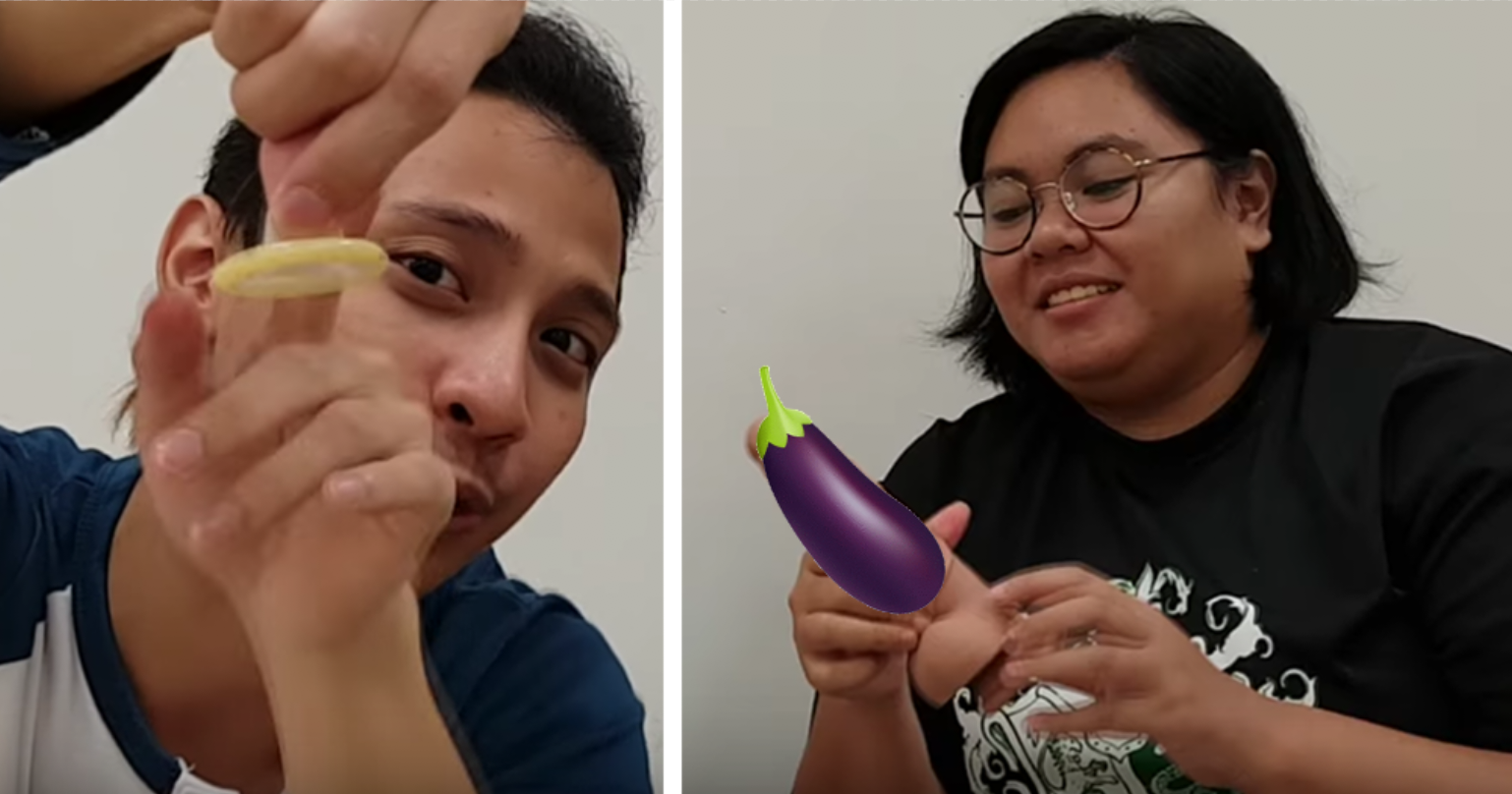Many youths possess scant knowledge about sexual matters.
In Malaysia's highly conservative society, it can be imagined how much more pronounced the knowledge deficit can get.
According to a study in 2016, Durex found that one out of five Malaysians thought that sexually-transmitted diseases could be transmitted by mosquitoes.
Some 36 percent of people interviewed were also unsure whether standing up during sex would prevent pregnancy.
This lack of information can be attributed to the stigma surrounding sex. After all, talking about sex openly is taboo.
Created a YouTube channel
But one group of Malay youths is set to change this, one YouTube video at a time.
Called "Ilmu Seks", which translates to Sex Knowledge in Malay, several Malay millennials have created a YouTube channel just to talk about sex.
The channel currently has over 10 videos exploring various themes such as consent, sexually-transmitted infections (STIs), and even birth control.
Their first video garnered close to 3,000 views on YouTube.
But y tho?
In an interview with Vice, the channel's creator, Shayne (not his real name) explained that he tried to get treated for what he suspected was an STI.
However, due to Malaysia's prudishness, he was turned away by a doctor who told him to go elsewhere for treatment.
This painful experience was what drove him to help educate the public on sex as a Malay Muslim.
While there are several existing online sites providing this kind of useful information, they are rarely in the Malay language and are seldom offered by Muslims.
So what do they talk about?
Created by young people for young people, they provide candid discussions on various topics that might otherwise be censored in mainstream sex education.
But how do they reach out to youths and bridge the gaps in their knowledge?
From their relatable analogies to their straightforward and often humorous discussions, we break it down for you here.
Relatable analogies
To cater to its young demographic, the hosts use humour to make the show more relatable and approachable.
For example, they used an old Koko Krunch advertisement as an analogy to explain the human reproduction system:
The chocolate sauce (sperm) rains all over the grains (ovum) and that's how Koko Krunch (baby) is made.
Of course, they went ahead to explain scientifically (but in an arguably less exciting manner) how pregnancy works.
Not all giggles and laughs
Using diagrams and clear illustrations of sex organs, they show how penetrative sex works.
These are some diagrams they have used:
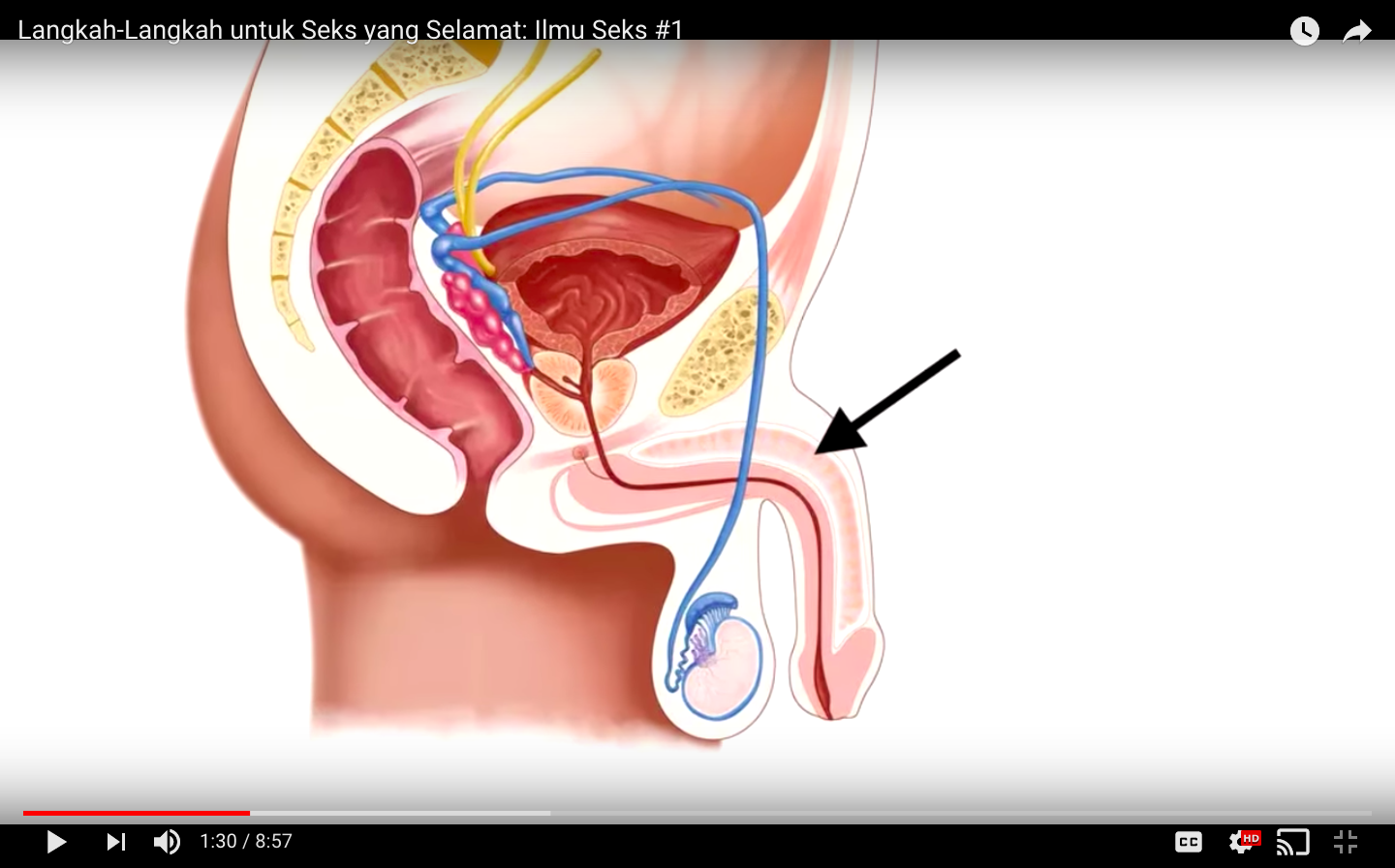 screenshot via Ilmu Seks' YouTube video
screenshot via Ilmu Seks' YouTube video
 screenshot via Ilmu Seks' YouTube video
screenshot via Ilmu Seks' YouTube video
Explores serious topics
The channel doesn't sugarcoat facts as they went on to reveal sex-related statistics such as the demographics of HIV-positive Malaysians as well as the number of teenage pregnancies out of wedlock.
Such facts may be hard truths for some Malaysians to stomach, but still important information nonetheless.
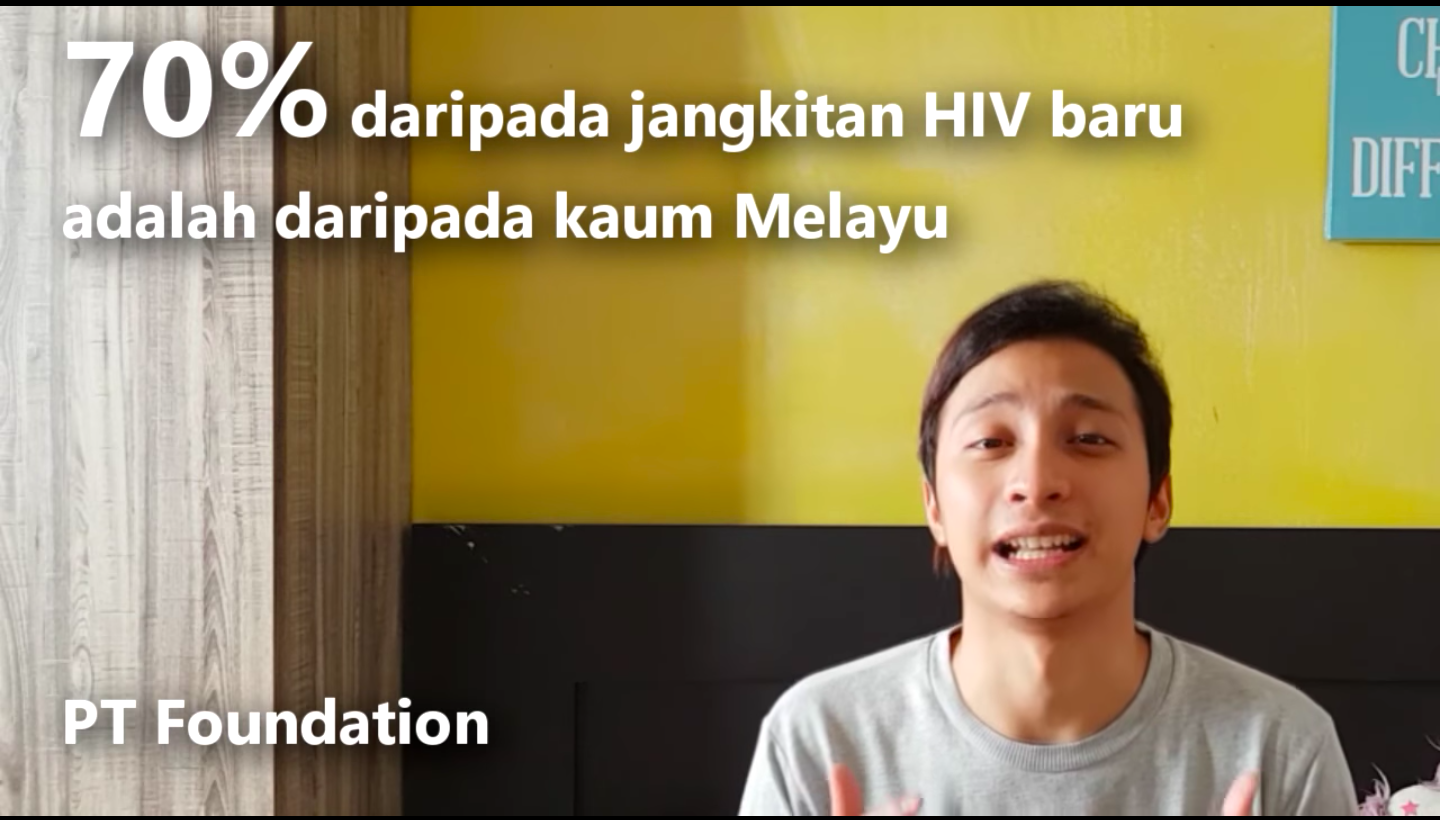 screenshot via Ilmu Seks' YouTube video
screenshot via Ilmu Seks' YouTube video
"70 per cent of HIV patients in Malaysia are Malays."
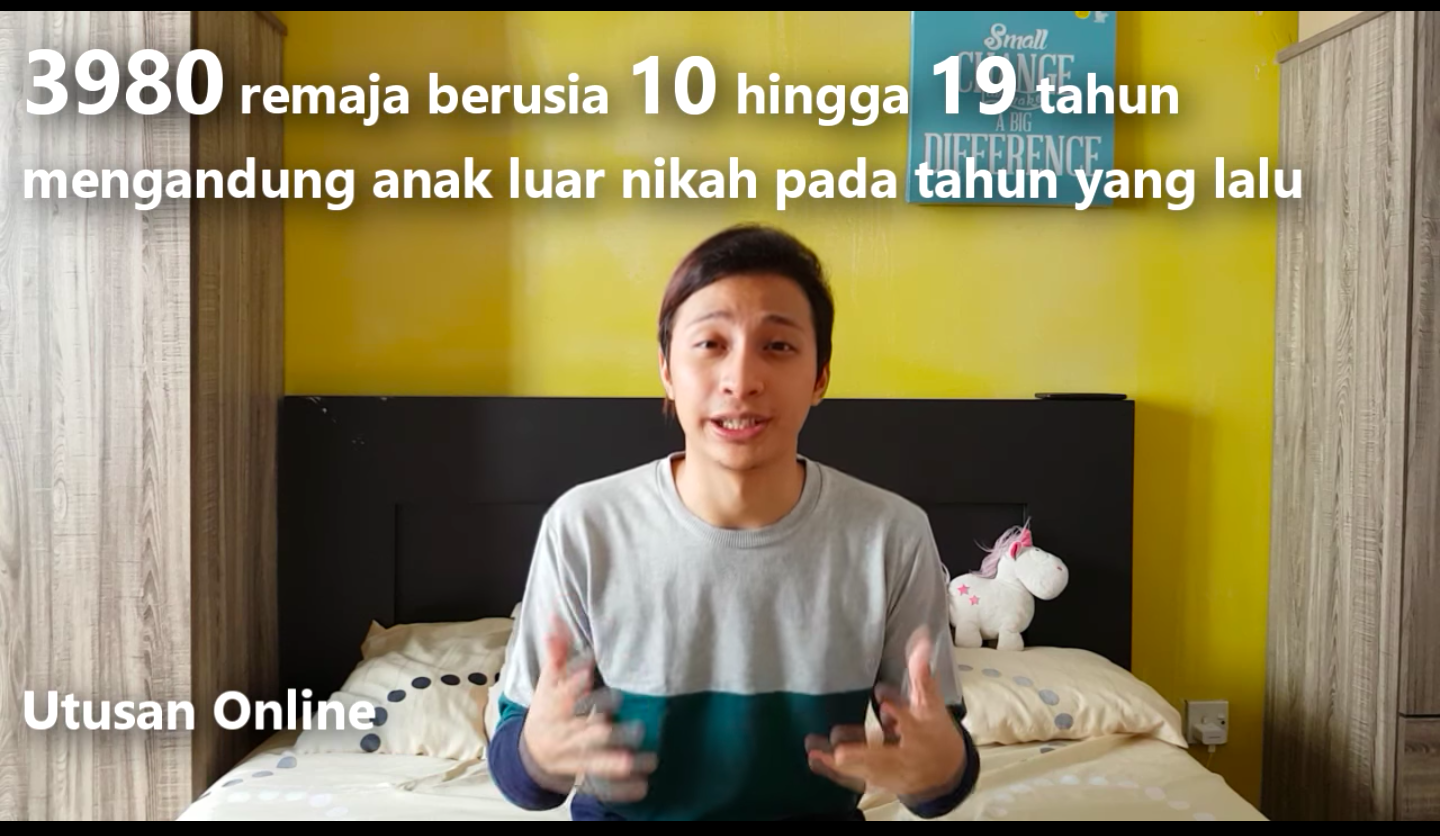 screenshot via Ilmu Seks' YouTube video
screenshot via Ilmu Seks' YouTube video
"Last year, 3,980 teenagers aged between 10 and 19 years old became pregnant out of wedlock."
[related_story]
Answers difficult questions
The channel also has Q&A sessions to advise and give their take on questions asked anonymously by curious subscribers.
They have answered embarrassing and difficult questions such as the following:
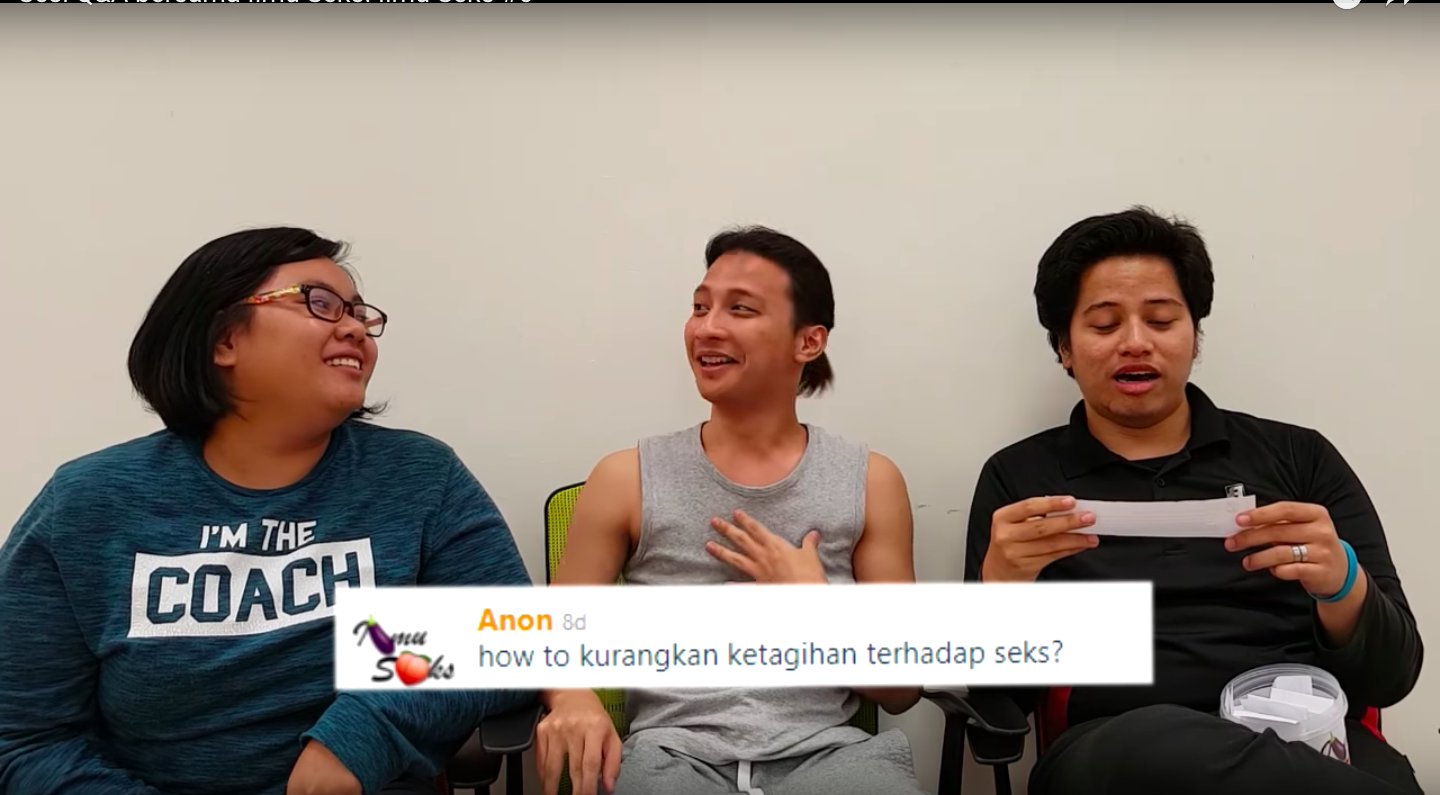 screenshot via Ilmu Seks' YouTube video
screenshot via Ilmu Seks' YouTube video
"How do I reduce my sex addiction?"
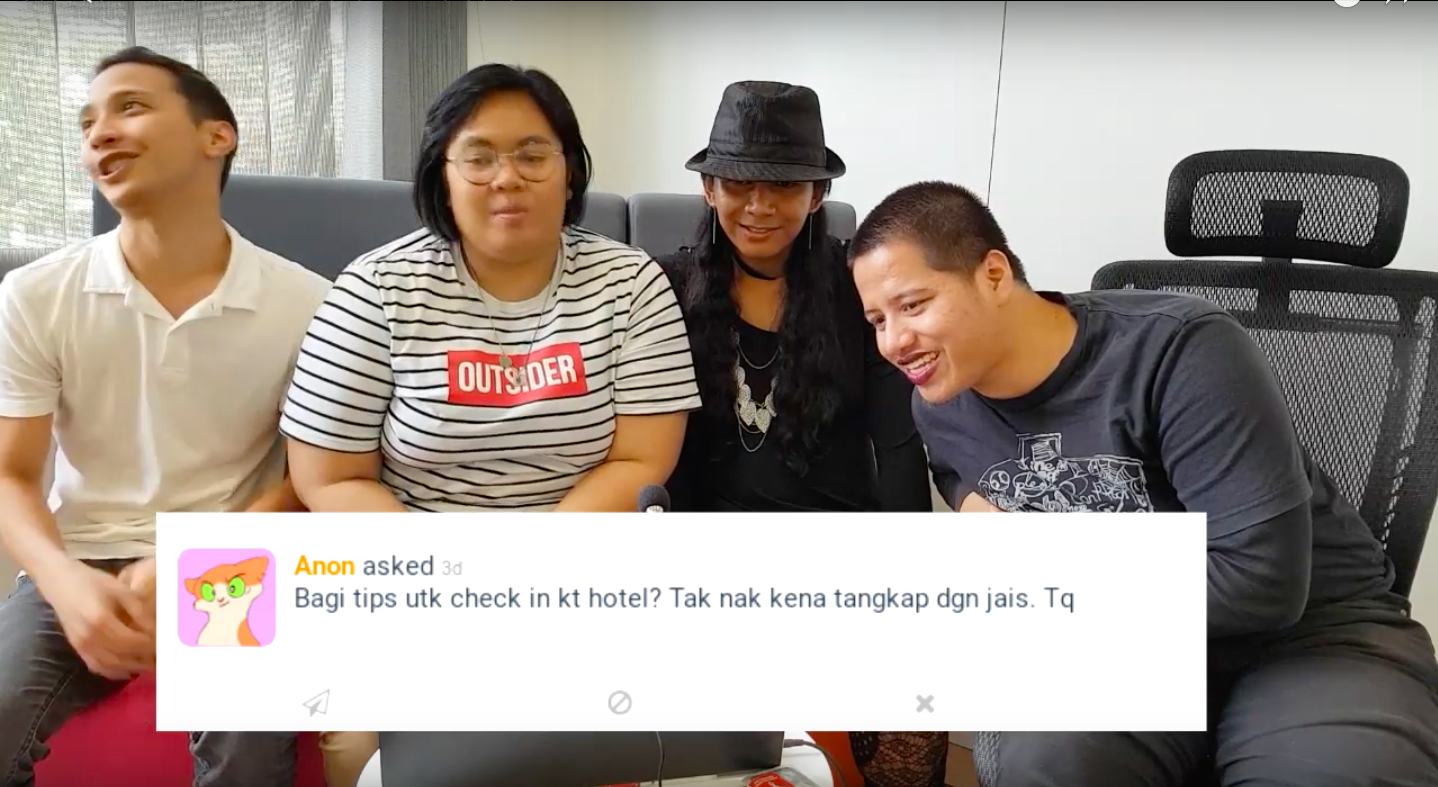 screenshot via Ilmu Seks' YouTube video
screenshot via Ilmu Seks' YouTube video
"How do I check into hotels without getting caught by the Selangor Islamic Religios Council (JAIS)?"
 screenshot via Ilmu Seks' YouTube video
screenshot via Ilmu Seks' YouTube video
"How to tell my boyfriend that he should improve his sex performance as his cum so fast (not even 5 mins) :("
[related_story]
But are they qualified?
The team consists of a doctor, magazine editor and an engineering graduate and most of them are activists or volunteers for non-government organisations like the Reproductive Rights Advocacy Alliance Malaysia (RRAAM).
They have clarified that they do not provide medical consultations for any viewers.
However, they have suffered backlash as some have accused them of "not providing 'true' sex education."
One thing is for sure though: As they have witnessed or experienced the lack of sex education in Malaysia, they feel that this channel will certainly be helpful for Malay millennials.
"This is (not) a platform for me, not my friends only, but for all the people out there to talk about sex in a positive way and also safely."
Top photo adapted from YouTube video
If you like what you read, follow us on Facebook, Instagram, Twitter and Telegram to get the latest updates.
